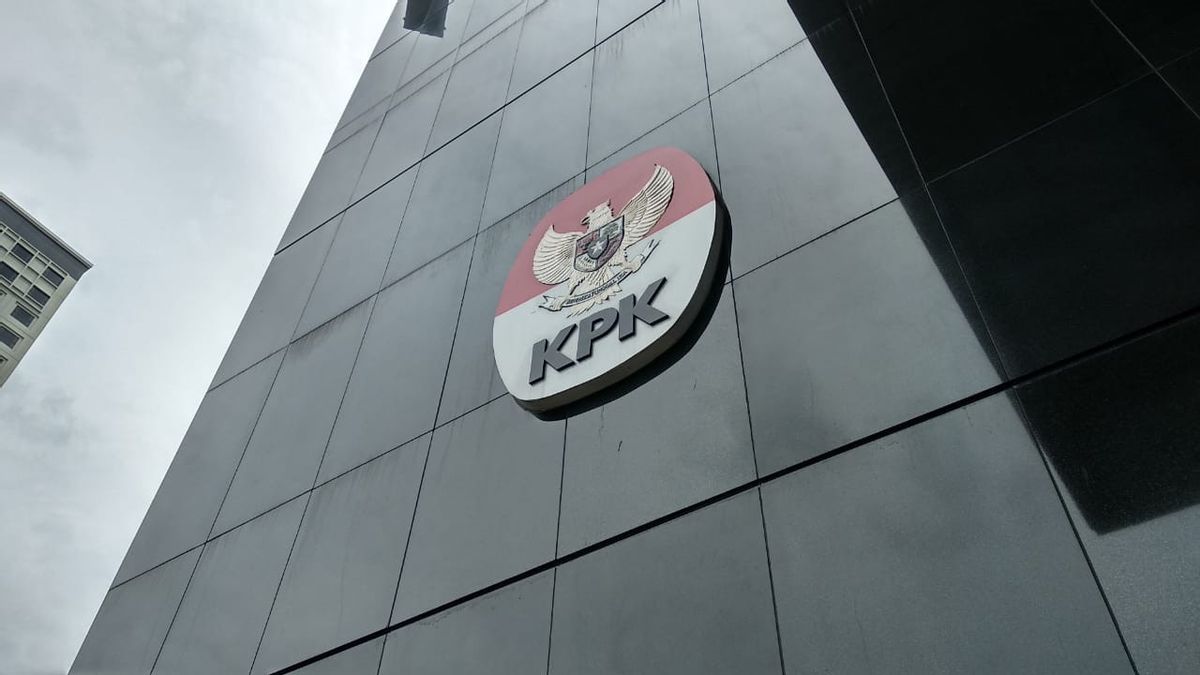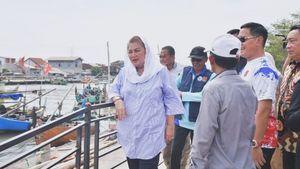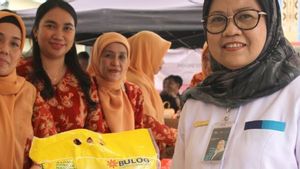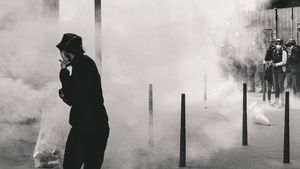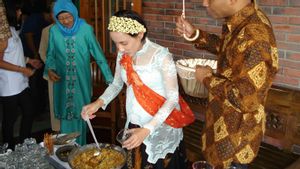JAKARTA - Indonesia Corruption Watch (ICW) requests that the Corruption Eradication Commission (KPK) immediately supervise or take over corruption cases that are stalled in the police and prosecutors. This was conveyed by ICW researcher Kurnia Ramadhana in response to the issuance of Presidential Decree Number 102 of 2020 concerning the Implementation of Supervision of Corruption Eradication.
"ICW reminded the Corruption Eradication Commission (KPK) to focus on supervising stalled cases on the supervision of other law enforcers, both the police and the prosecutor's office. If there are no significant developments, the KPK must start taking the initiative to take over the handling of these cases. "Kurnia said as quoted from his written statement, Thursday, October 29.
The case that ICW has been pushing to supervise by the KPK is the Joko Tjandra case which is currently being handled by the Attorney General's Office and the National Police. This impulse arose because since last September, the anti-graft agency had issued a warrant for supervision and there were still some things that had not been disclosed, such as whether there were other prosecutors involved in the case apart from Pinangki Sirna Malasari or Jaksa Pinangki.
In addition, Kurnia also considers that Joko Tjandra's fatwa arrangement at the Supreme Court has not yet been completely traced. "Who is involved? Is it only Pinangki or is there actually someone within the Supreme Court who also helps? Then apart from Andi Irfan Jaya, are there any other politicians who are also involved in this case?" asked him.
A number of things he mentioned, he said, should be explored by the KPK by questioning its progress at the Attorney General's Office and the police.
"If the answer is merely normative or there is an effort to protect certain parties, then KPK should be able to take over all existing handling at the Attorney General's Office or the police as stipulated in Article 9 Paragraph 1 of the Presidential Regulation on Supervision," he said.
This anti-corruption activist assesses that with the issuance of this Presidential Decree, the AGO and the Police must cooperate if the KPK is conducting supervision.
"ICW hopes that what the Attorney General has done when handling the Pinangki case will not be repeated. One example is when the Attorney General's Office allegedly did not coordinate with the KPK when delegating cases to court. This practice in the future should not happen again," he said.
It is known, Presidential Decree No. 102/2020 was issued after being signed by Jokowi on 20 October. In Article 2 of this regulation, the KPK is given the authority to supervise agencies that have the authority to handle corruption crimes.
Furthermore, Article 5 explains that this supervision activity can be carried out in the form of supervision, research and review. During the supervision process, the KPK can be accompanied by representatives of the National Police Criminal Investigation Unit and / or the Deputy Attorney General for Corruption Crimes from the Attorney General's Office.
Furthermore, Article 9 states that after supervision of a corruption case is carried out, the KPK has the authority to take over the corruption case.
"In the event that the KPK takes over a case during the investigation and / or prosecution stage, the agency authorized to eradicate corruption is obliged to hand over the suspect and / or defendant and all case files along with evidence and other documents required no later than 14 days, starting from the date of the KPK request. , "reads Article 9 paragraph 3 of the Presidential Regulation on Supervision which is uploaded on the official website of the State Secretariat.
The English, Chinese, Japanese, Arabic, and French versions are automatically generated by the AI. So there may still be inaccuracies in translating, please always see Indonesian as our main language. (system supported by DigitalSiber.id)
